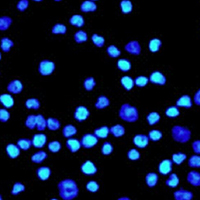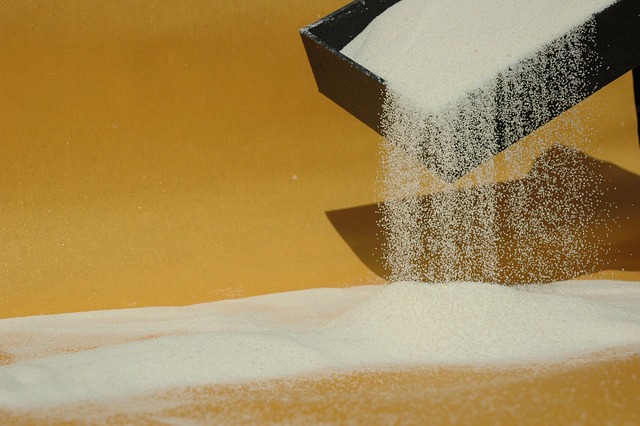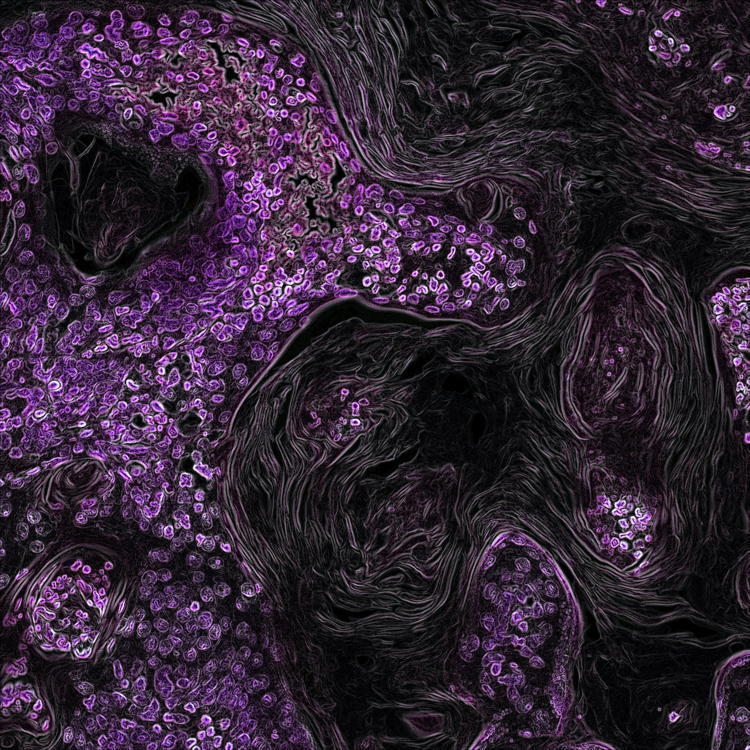Effect of carboplatin injection on Bcl-2 protein expression and apoptosis induction in Raji cells

Submitted: 26 March 2020
Accepted: 19 June 2020
Published: 9 July 2020
Accepted: 19 June 2020
Abstract Views: 823
PDF: 449
HTML: 5
HTML: 5
Publisher's note
All claims expressed in this article are solely those of the authors and do not necessarily represent those of their affiliated organizations, or those of the publisher, the editors and the reviewers. Any product that may be evaluated in this article or claim that may be made by its manufacturer is not guaranteed or endorsed by the publisher.
All claims expressed in this article are solely those of the authors and do not necessarily represent those of their affiliated organizations, or those of the publisher, the editors and the reviewers. Any product that may be evaluated in this article or claim that may be made by its manufacturer is not guaranteed or endorsed by the publisher.
Similar Articles
- Tommaso Maluta, Umberto Lavagnolo, Lydia Segalla, Nicholas Elena, Paolo Bernardi, Daniele Degl'Innocenti, Andrea Sbarbati, Bruno Magnan, Evaluation of biocompatibility, osteointegration and biomechanical properties of the new Calcemex® cement: An in vivo study , European Journal of Histochemistry: Vol. 66 No. 1 (2022)
- E Bronzetti, M Artico, I Kovacs, LM Felici, Expression of neurotransmitters and neurotrophins in neurogenic inflammation of the rat retina , European Journal of Histochemistry: Vol. 51 No. 4 (2007)
- F Grizzi, G Ceva-Grimaldi, B Franceschini, M Roncalli, M Chiriva-Internati, N Dioguardi, Simultaneous staining of cytoplasmic iron and collagen matrix in human liver biopsy specimens , European Journal of Histochemistry: Vol. 46 No. 1 (2002)
- C Evangelisti, R Bortul, G Tabellini, V Papa, L Cocco, AM Martelli, Nuclear expression of diacylglycerol kinases: possible involvement in DNA replication , European Journal of Histochemistry: Vol. 50 No. 1 (2006)
- F Cappello, M Bellafiore, A Palma, F Bucchieri, Defective apoptosis and tumorigenesis: role of p53 mutation and Fas/FasL system dysregulation , European Journal of Histochemistry: Vol. 46 No. 3 (2002)
- V. V. Philimonenko, J. Janácek, P. Hozák, LR White is preferable to Unicryl for immunogold detection of fixationsensitive nuclear antigens , European Journal of Histochemistry: Vol. 46 No. 4 (2002)
- Maria Assunta Lacavalla, Barbara Cisterna, Carlo Zancanaro, Manuela Malatesta, Ultrastructural immunocytochemistry shows impairment of RNA pathways in skeletal muscle nuclei of old mice: A link to sarcopenia? , European Journal of Histochemistry: Vol. 65 No. 2 (2021)
- T Takubo, S Wakui, K Daigo, K Kurokata, T Ohashi, K Katayama, M Hino, Expression of non-muscle type myosin heavy polypeptide 9 (MYH9) in mammalian cells , European Journal of Histochemistry: Vol. 47 No. 4 (2003)
- Ennio Pannese, Quantitative, structural and molecular changes in neuroglia of aging mammals: A review , European Journal of Histochemistry: Vol. 65 No. s1 (2021): Special Collection on Advances in Neuromorphology in Health and Disease
- F Cappello, A Ribbene, C Campanella, AM Czarnecka, R Anzalone, F Bucchieri, The value of immunohistochemical research on PCNA, p53 and heat shock proteins in prostate cancer management: a review , European Journal of Histochemistry: Vol. 50 No. 1 (2006)
<< < 70 71 72 73 74 75 76 77 78 79 > >>
You may also start an advanced similarity search for this article.

 https://doi.org/10.4081/ejh.2020.3134
https://doi.org/10.4081/ejh.2020.3134










